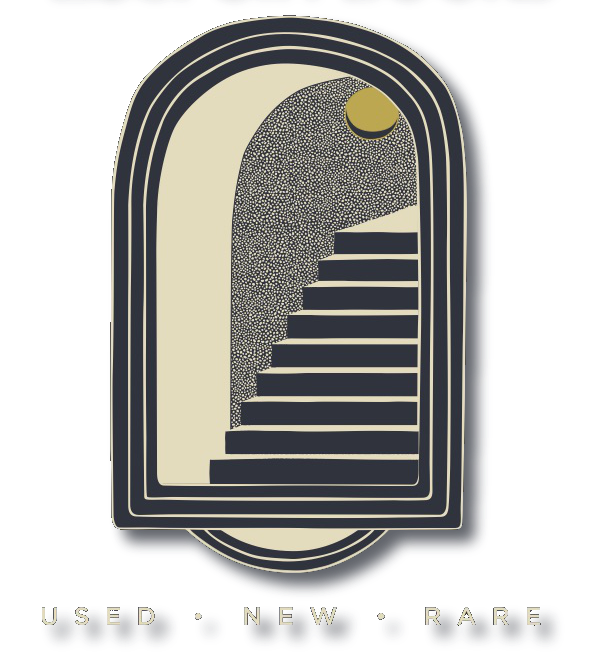READING PALESTINE
A reading group focused on Palestinian literature, with discussions led by Professor Elliott Colla of Georgetown University.
READING PALESTINE returns in 2026! The group will meet on Thursday, February 12th. We will be reading Soraya Antonius’ novel, THE LORD. You can purchase the book by clicking here.
About the book:
In this stunning portrait of Palestinian life before the Nakba, a young man gains renown as a magician of a revolutionary sort—meanwhile evading the British colonialist forces who seek to destroy him and the resistance he represents.
A reporter posted to Lebanon in the early 1980s, covering the Israeli invasion of the time, encounters Miss Alice, an English missionary who is nearing the end of a long life in the region. With memories that go back to World War I and the start of the British Mandate in Palestine, she unfolds the strangely puzzling story of one of her students, Tareq, a talented and charismatic youth who, on leaving school, took up the unlikely calling of a traveling magician. Moving from village to village, from country to city, Tareq observes the growing discontent with the colonial authorities that will erupt in a full-scale rebellion in 1936. He observes; perhaps he contributes. Among the people, he has come to be known as "the lord," while his comings and goings have also attracted the attention of Challis, the ruthless British police chief. A manhunt begins.
The Lord re-creates the extraordinary richness and vivacity of Palestinian life before the Nakba, offering a view, at once panoramic and intimate, of Palestinian society and colonial occupation. A clear-eyed examination of a chapter of British colonial history that laid the groundwork for conflicts that continue to rack the Middle East, The Lord remains as timely and telling now as ever.

